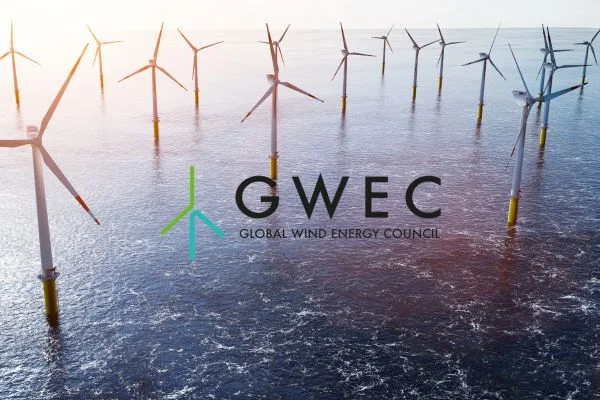Title: Renewable Energy's ESG Push: More Than Greenwashing?
The Traceability Tightrope
The Solar Stewardship Initiative (SSI) and the Global Wind Energy Council (GWEC) are joining forces. Their stated aim? To bolster sustainability and traceability in the renewable energy supply chains. This isn't just a nice-to-have; it's becoming a "show me the receipts" situation as governments demand proof of responsible sourcing. Developers and utilities are facing increasing pressure to prove they're not just slapping solar panels on roofs but doing it ethically. SSI, GWEC Partner for Supply Chain Transparency
The crux of the matter lies in the ESG (Environmental, Social, and Governance) standards. GWEC is even building its Wind Sustainability Initiative (WSI) based on the SSI's framework. The goal is alignment between solar and wind ESG practices. Will it work? Harmonizing expectations across industries should reduce audit duplication and ease adoption, according to the press releases. But let's be real: promises are cheap.
The partnership aims to involve industry groups, civil society, and financial institutions. This "multi-stakeholder governance" approach sounds good on paper, but the devil's in the details. How much real power will these stakeholders have? Will it be genuine oversight or just a PR exercise? I've seen enough of these initiatives to know that often, the loudest voices are the ones with the most to gain.
And then there's Mexico. The country is a growing hub for renewable energy manufacturing. As Mexico integrates into North American supply chains, it'll face rising expectations for traceability and environmental compliance. This isn't just about feel-good initiatives; it's about access to markets and financing. Meeting international sustainability criteria is becoming a must for attracting investment.
The Mexico Factor: A Litmus Test
Mexico's energy sector is seeing renewed interest in wind and solar. Large industrial consumers are looking to meet emissions targets (a trend I flagged months ago) and secure long-term power supply. Harmonized benchmarks could help developers meet cross-border reporting requirements. For manufacturers, this partnership may accelerate the adoption of ESG auditing practices.
But here's where I get skeptical. How will these standards be enforced? Will there be real teeth, or will it be another set of voluntary guidelines that companies can ignore without consequence? The article mentions new norms on energy planning and climate reporting in Mexico. If these norms align with verifiable sustainability metrics, then we might be onto something. But if they're just window dressing, then this whole partnership is just another form of greenwashing.

I've looked at hundreds of these filings. The language is always the same: "commitment to sustainability," "responsible sourcing," "transparent supply chains." What I don't see is concrete data on things like:
* The actual environmental impact of manufacturing solar panels and wind turbines (extraction of rare earth minerals, anyone?).
* The labor practices in these factories (are workers being paid a fair wage and treated with respect?).
* The carbon footprint of the entire supply chain (from raw materials to finished product).
Until we have that data, all the partnerships and initiatives in the world won't mean a thing.
Are We Kidding Ourselves?
The SSI and GWEC partnership sounds good, but I'm not convinced it's anything more than a PR move. We need real data, real enforcement, and real transparency. Otherwise, we're just kidding ourselves.
